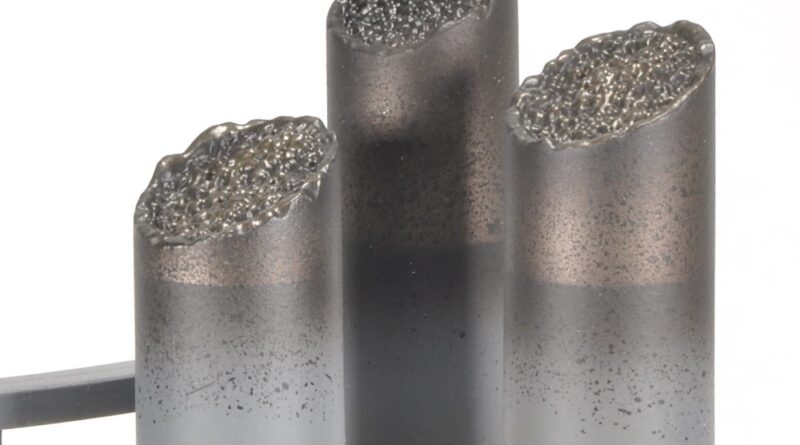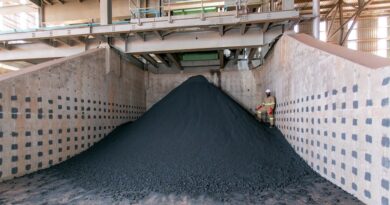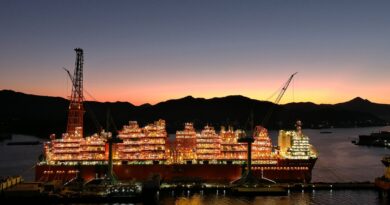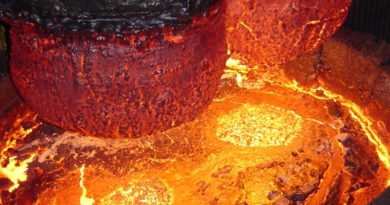Europe’s cobalt industry dominated by Russia and Finland
Europe’s cobalt industry is limited to Russia and Finland in terms of mined cobalt, and Fitch expects this dynamic to continue over the coming years, with no other cobalt-only projects in the pipeline, lack of resources and potential for stricter regulations.
According to the European Commission, there are untapped cobalt resources in Finland, Sweden, Spain, Germany and the Czech Republic among others, while a number of new mining exploration projects targeting mainly other ores but which have some cobalt in their portfolio (as a by-product) are under development. As an example, the multi-metal Sakatti project in Finland, operated by Anglo American, is currently the largest project in development stage that contains cobalt.
Mine Production:
- Russia is the world’s second largest producer of cobalt concentrates, with 4.5% of global cobalt production in 2020, just slightly ahead of Australia, but holding just 3.5% of global cobalt resources, indicating limited production growth potential in the future. Russia’s Norilsk Nickel, the main producer of cobalt in the country, is among the world’s top five producers of the metal.
- Finland also produces cobalt concentrates in limited amounts from four mines, as a by-product of nickel or copper mining.
- Cobalt concentrates from Russia and Finland (some refining done domestically) are exported to Belgium and France.
Intermediate Processing And Refining:
- Finland, Norway, France and Belgium have some cobalt refining, although refined cobalt in the form of chemicals (sulfate) used in batteries is only produced in Finland by Norilsk Nickel from Russian captive mine feed.
- Norilsk Nickel’s Harjarvalta refinery in Finland is the only integrated chemical facility in the region. The facility also produces metal products including nickel briquette, electrolytic nickel and cobalt cathode, which can be used to produce sulfates for EV batteries. Given the capability to produce a wide range of nickel and cobalt products, the company has the flexibility to adjust its product offerings depending on market conditions.
- Elsewhere in Finland, Terrafame is imminently commissioning its first nickel and cobalt sulfate production in Sotkamo and Umicore’s Kokkola cobalt refinery is starting to supply cobalt to Umicore’s new cathode plant in Poland. Such developments in the country mean that Finland is tightening its grip as the key production hub for battery raw materials in Europe.
- In regards to refined metal, in Norway, Glencore’s Nikkelverk refinery has an annual production of approximately 5kt of refined cobalt metal, while in Finland Freeport Cobalt‘s Kokkola refinery has an annual production of about 11kt.
Aside from aiming to increase local supply of cobalt, the EU is also aiming to create strategic partnerships outside of the bloc. For example, BMW signed in July 2020 a EUR100mn five-year sustainable cobalt supply contract with Moroccan miner Managem Group. BMW announced that the deal will cover about a fifth of its cobalt needs over the 2020-2025 period for the fifth generation of its electric drivetrains, with the remaining four-fifths of its cobalt needs to be sourced from Australia. BMW has started in 2020 to source directly its lithium and cobalt, which it then makes available to its two battery cell manufacturers CATL and Samsung SDI. Given its dominance in the cobalt sector, the DRC will also be a recipient country of choice, despite its current weak environmental and human rights record in its mines.




